To help ensure accountability for crimes committed in Ukraine, the Council today adopted new rules allowing Eurojust to preserve, analyse and store evidence relating to core international crimes, including war crimes, crimes against humanity and genocide. The text is due to be signed by the European Parliament and the Council on 30 May and promptly published in the Official Journal. It will enter into force on the day following its publication.
The new rules will allow Eurojust to:
- store and preserve evidence relating to war crimes, including satellite images, photographs, videos, audio recordings, DNA profiles and fingerprints
- process and analyse this evidence, in close cooperation with Europol, and share the information with the relevant national and international judicial authorities, including the International Criminal Court
Since the start of Russia’s war of aggression against Ukraine, numerous reports from Ukraine have sadly indicated that crimes against humanity and war crimes have been and are being committed in Ukraine.
At the beginning of March, all EU member states, together with other partner states, decided to collectively refer the situation in Ukraine to the International Criminal Court. At the Justice and Home Affairs Council meeting on 4 March, ministers encouraged Eurojust to fully exercise its coordinating role and to make itself available as required to the Prosecutor of the International Criminal Court.
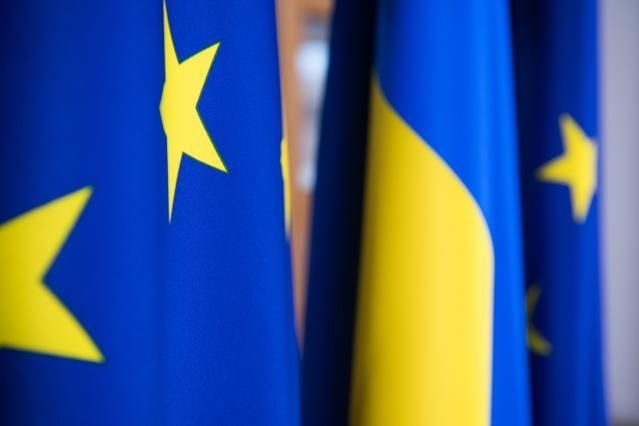
European Union facing the invasion of Ukraine
|
In addition to the investigation by the ICC prosecutor, the Prosecutor General of Ukraine has opened an investigation, as have the authorities of several member states. A joint investigation team has also been established by the judicial authorities of Lithuania, Poland and Ukraine, with the support of Eurojust and the participation of the Office of the Prosecutor of the ICC and shortly of the judicial authorities of Slovakia, Latvia and Estonia.
Coordination and exchange of evidence between the different competent authorities is important to ensure the effectiveness of these investigations. In addition, owing to the ongoing hostilities there is a risk that evidence relating to war crimes or crimes against humanity cannot be safely stored on the territory of Ukraine and therefore it is appropriate to establish central storage in a safe location.
Source: Press release – European Council

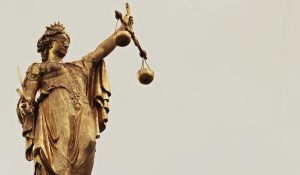

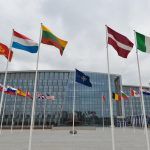

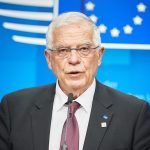
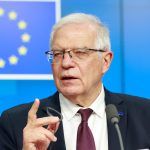
Leave a Reply